

FGC Turisme wants to continue consolidating its commitment to sustainability, seeking a balance between economic profitability, social inclusion and respect for the environment.

The certifications of the Family Tourism, seal of all FGC Turisme ski resorts, promoted by ACT distinguish us as ski resorts especially sensitive to the demand of this segment.
The implementation of Environmental Management Systems based on the ISO 14001:2015 of the different FGC Turisme business units, certified by an accredited external entity, help us identify, control and minimize our environmental impacts.
In compliance with the adherence to the Glasgow Declaration of the last United Nations Conference on Climate Change, COP26, FGC Turisme has drawn up the 2030 Climate Action Plan. The document includes the five axes to carry out a effective management in the face of the challenge of climate change: measure, decarbonize, regenerate, collaborate and finance.
More information here.
Towards sustainable management
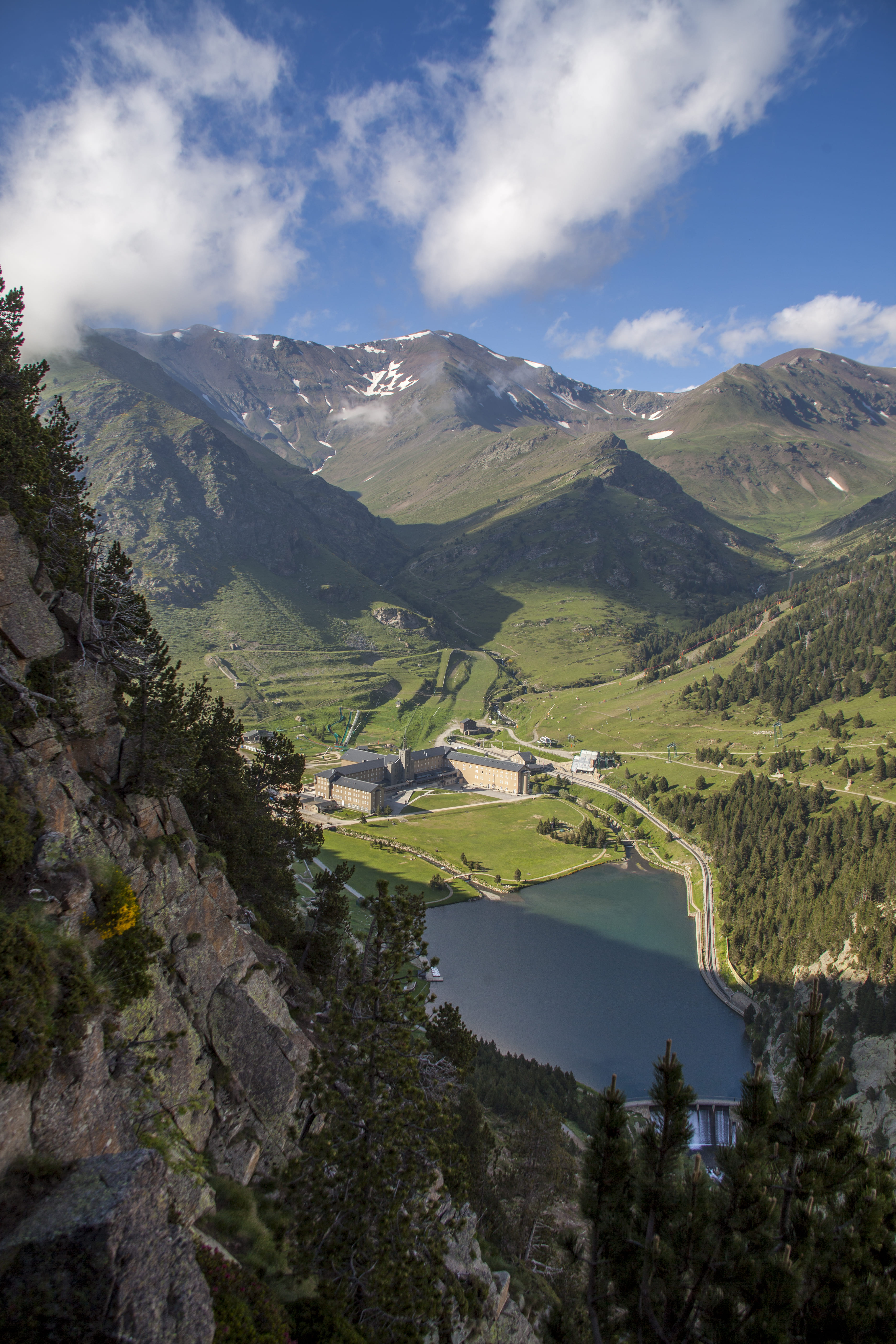
In Vall de Núria, the Ecovall project stands out, a tool that should make it possible to strengthen the capacity for adaptation and resilience in the face of the climate emergency, while articulating and defining future strategies. Vall de Núria wants to improve awareness and establish the foundations for more responsible management in the future and be a benchmark with actions aligned with the Sustainable Development Goals.
For this winter season, work is being done on the expansion of the geothermal system with the aim of completely eliminating the diesel used for heating and DHW in the valley. With this improvement, it will be possible to increase the savings in CO2 emissions into the atmosphere, which are currently estimated at 188 tnCO2eq/year. Another of the planned works consists of the rehabilitation of the facades of the oldest buildings so that they do not lose heat from the interior during the coldest months.
Also noteworthy is the introduction of a 4x4 electric vehicle, TORGO, with a view to improving mobility at the same station. Gradually, the fleet of diesel vehicles will be changed.
More information here.
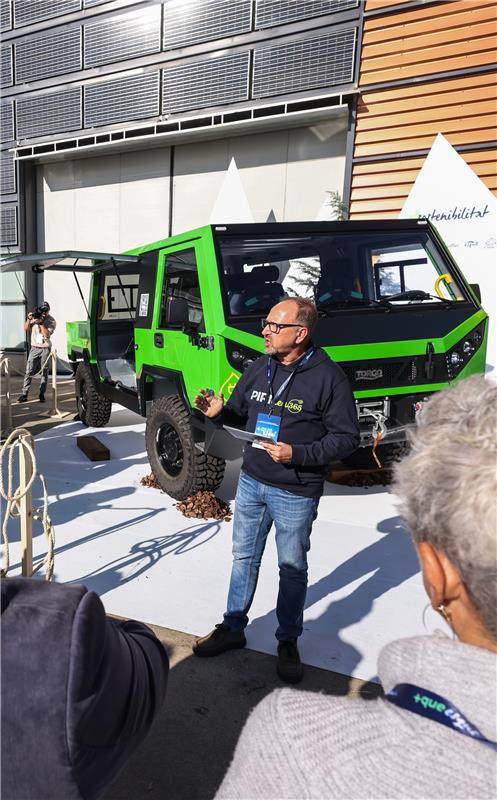
FGC TURISME works to promote zero-emission electric mobility; with the commitment, on the one hand, to renew the fleet of combustion vehicles for electric vehicles and, on the other, to facilitate the access of its customers to the tourist centers, where they will have recharging facilities for to electric vehicles.
The TORGO Project, developed in collaboration with the company LITTLE Energy, specialized in electric mobility, is a good example of this initiative that started some time ago and is now a reality.
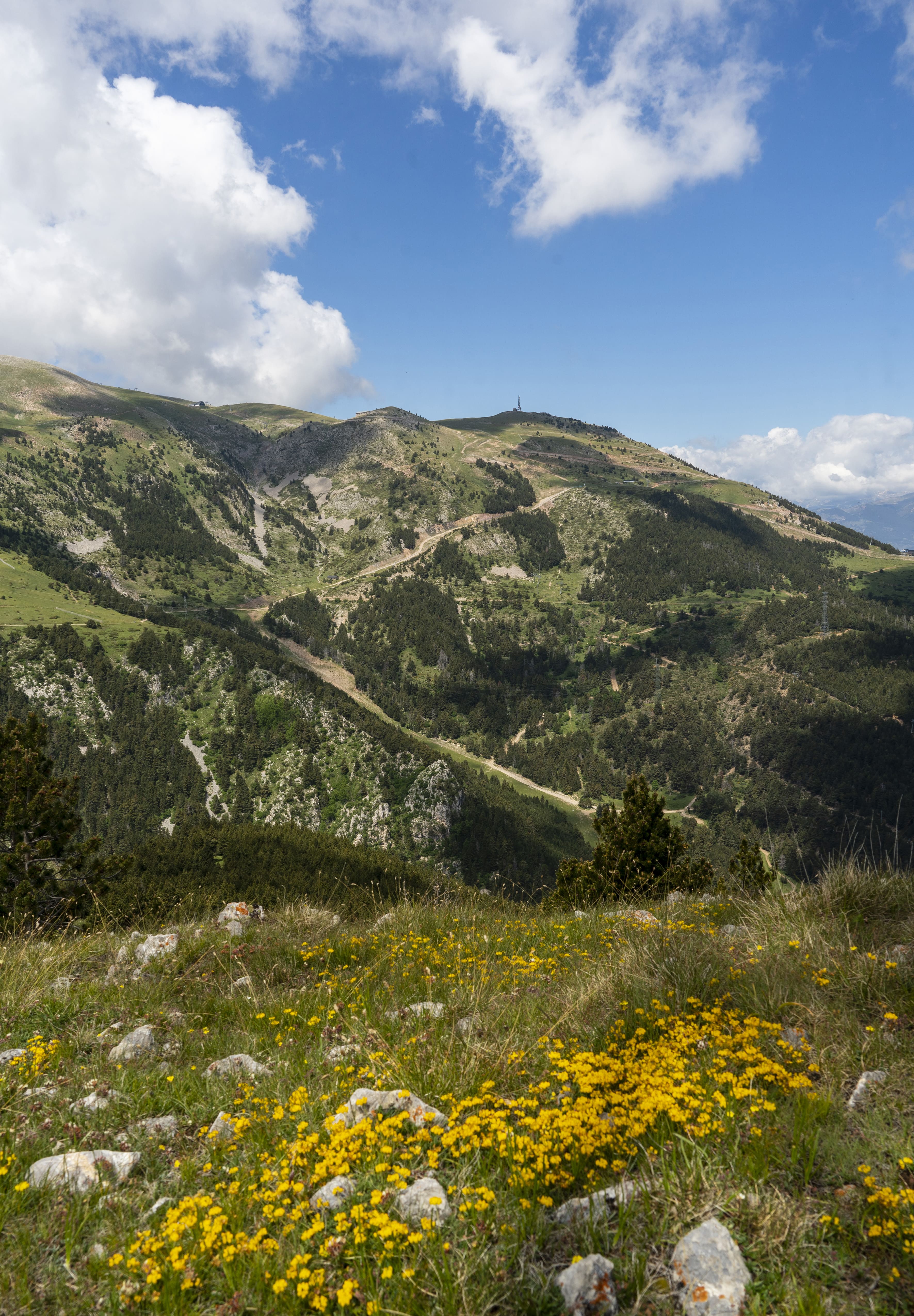
The NERET Project in collaboration with the CREAF (Centre for Ecological Research and Forestry Applications) works on the planning of actions and solutions based on nature in order to increase the natural capital provided by the ecosystem services of the stations of La Molina and Vall de Núria. These solutions cover a wide range of interventions, from the restoration of natural habitats and plant cover, to the promotion of the sustainable use of natural resources. Consult all the information about the results of the NERET project.
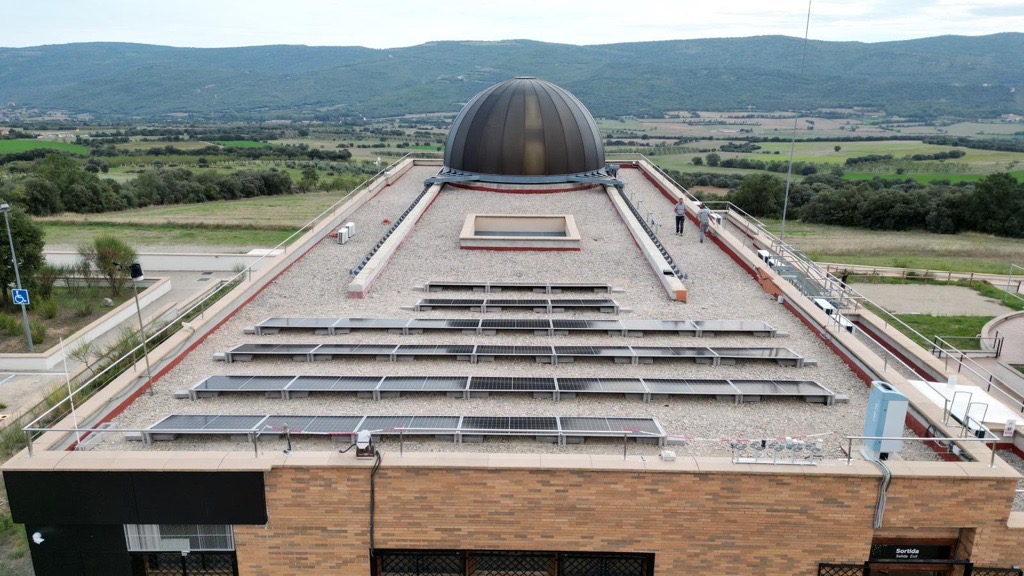
In 2024, the Parc Astronòmic del Montsec put into operation the new aerothermal installation for the production of hot water for heating. With this action, the total decarbonization of its activity was achieved, within the framework of the sustainability strategy of Ferrocarrils de la Generalitat de Catalunya (FGC) and its 2030 Climate Action Plan. This installation is powered by 100% green guaranteed electricity, thanks to the responsible purchase of energy by FGC.
In addition to the renovation of the heating system, the Astronomical Park installed the first photovoltaic plant in the FGC Turisme operations, with a power of 15kWp. This plant, which will operate on a self-consumption basis, will cover 22% of the park's electricity consumption and generate around 26,000 kWh per year, taking advantage of 97% of the energy produced.
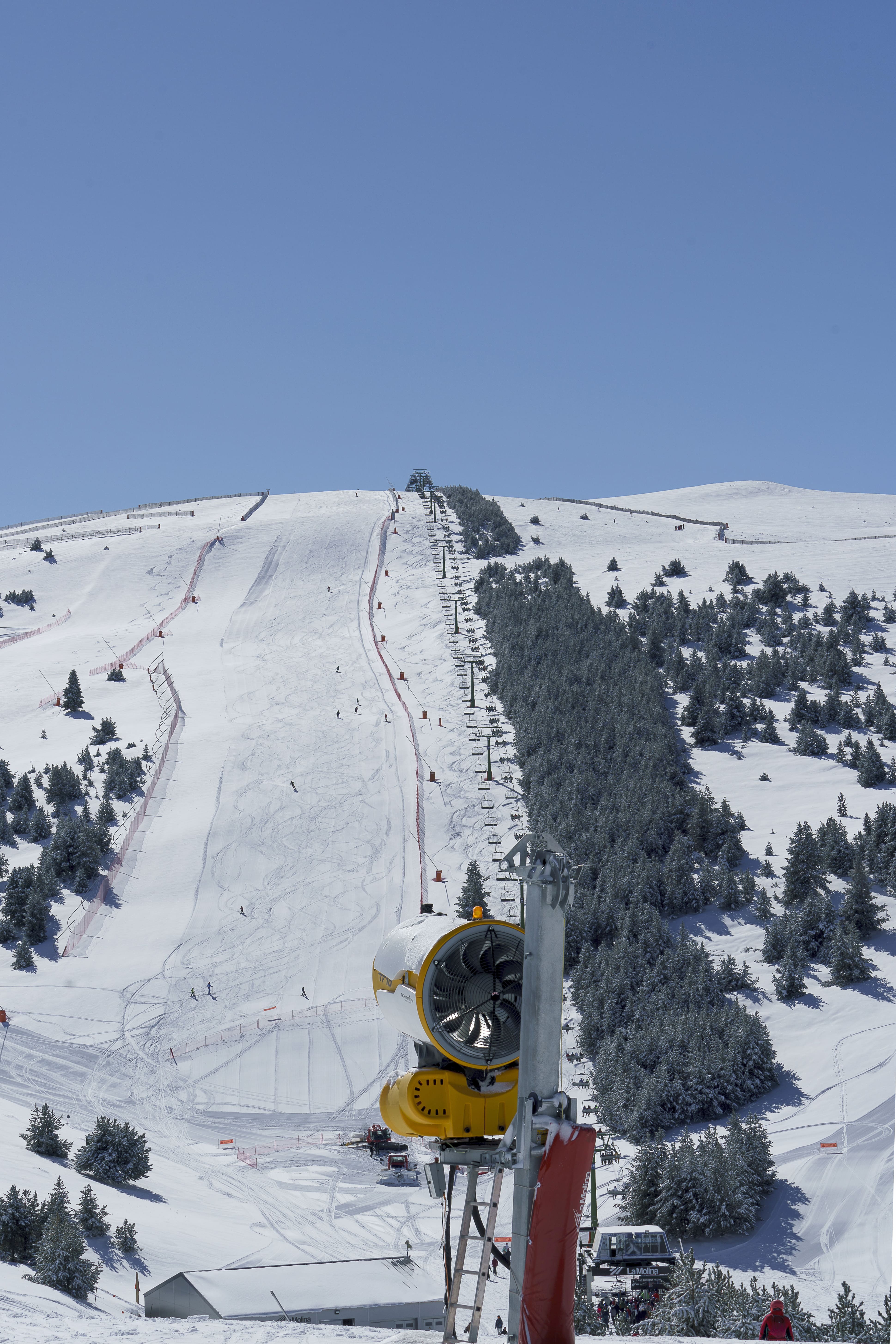
The snow management system implemented by FGC TURISME generates a closed cycle from the lakes where water from rain or thaw in the same area is stored. Therefore, the stations are an example of a circular water economy.
More information about the climate action agenda 2030 here.